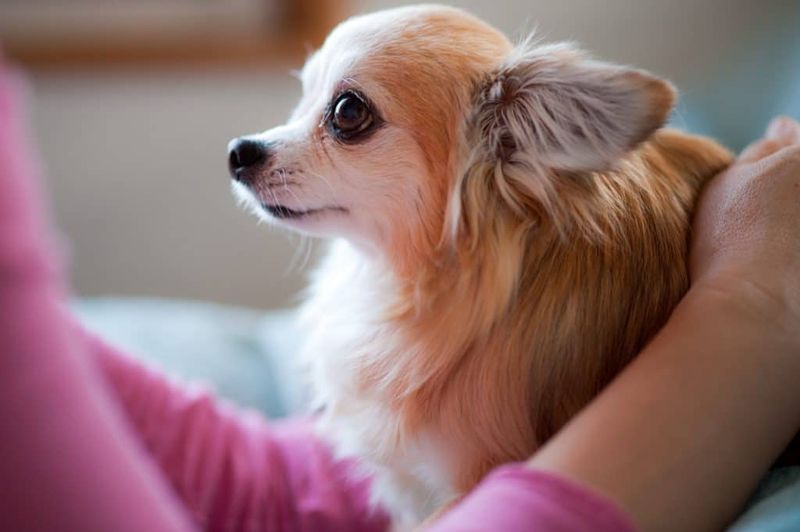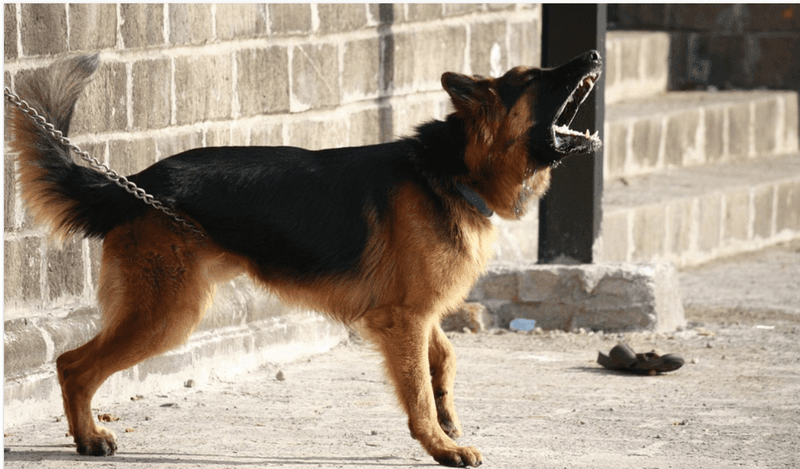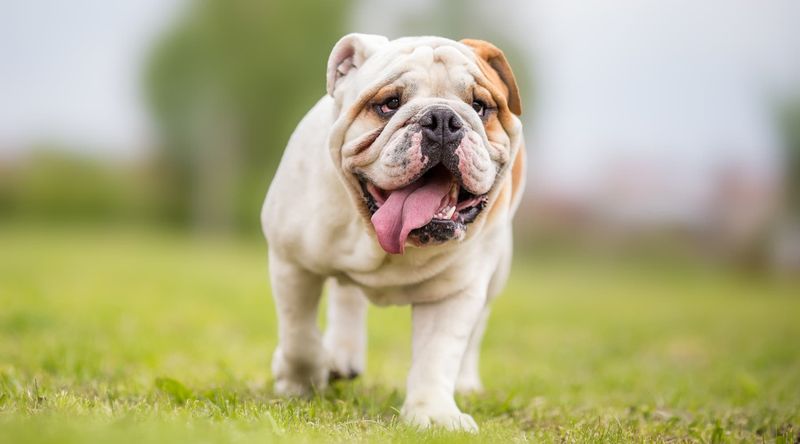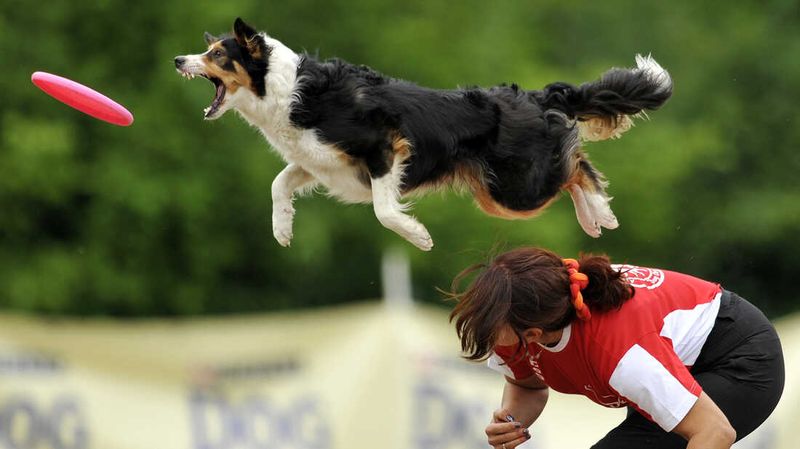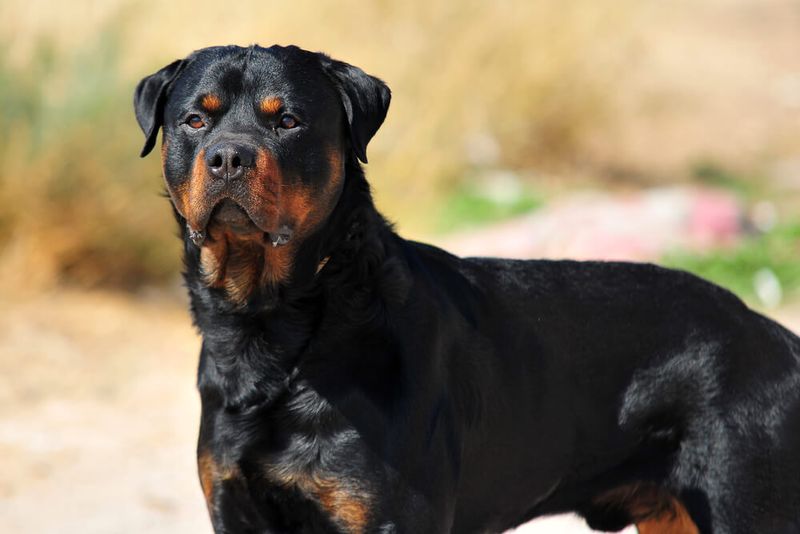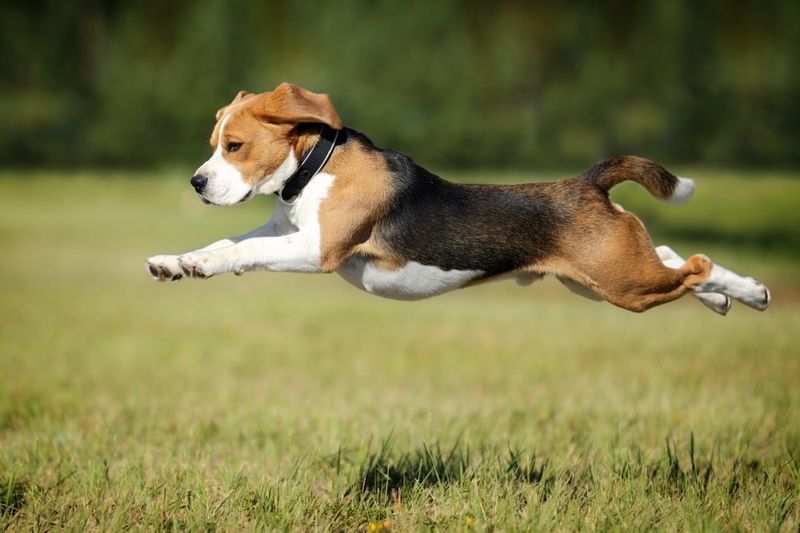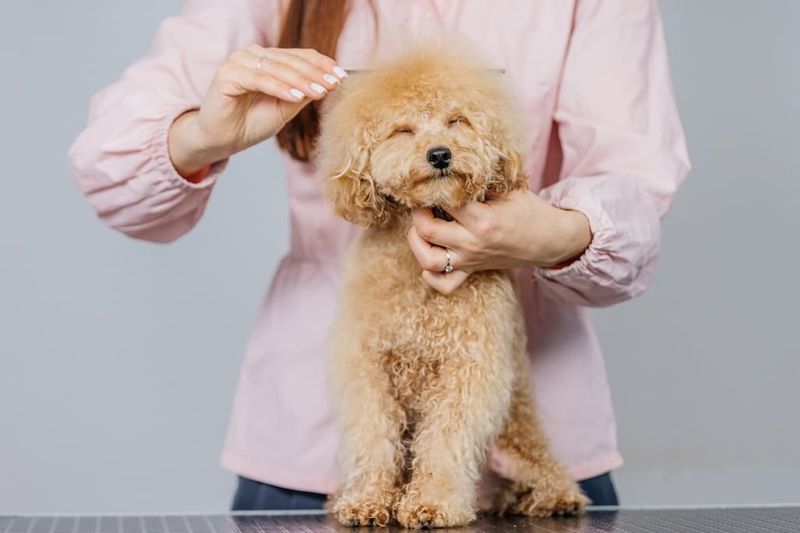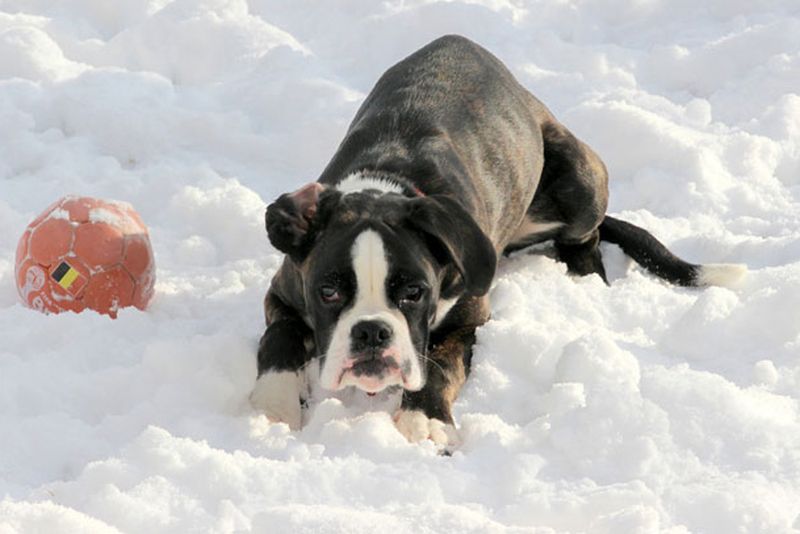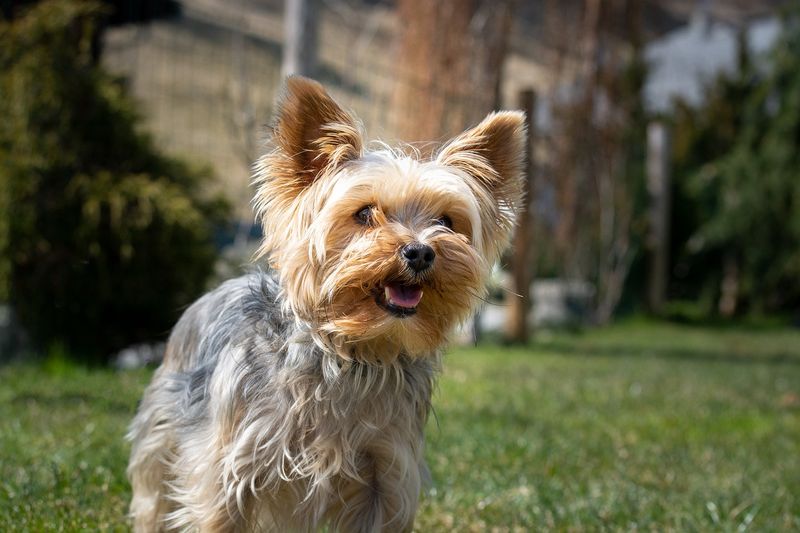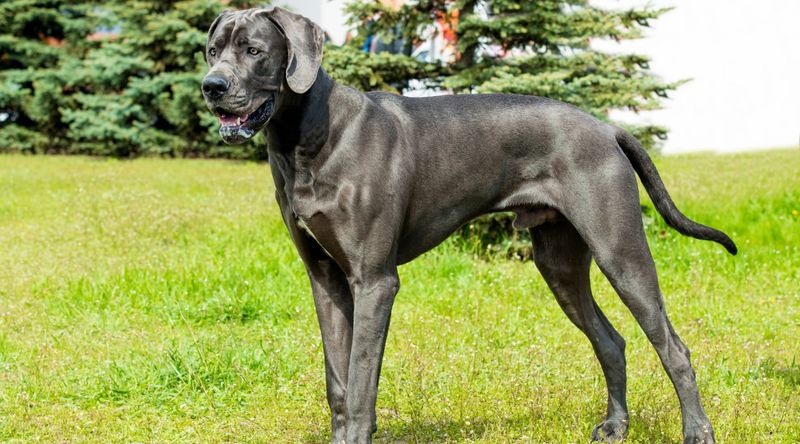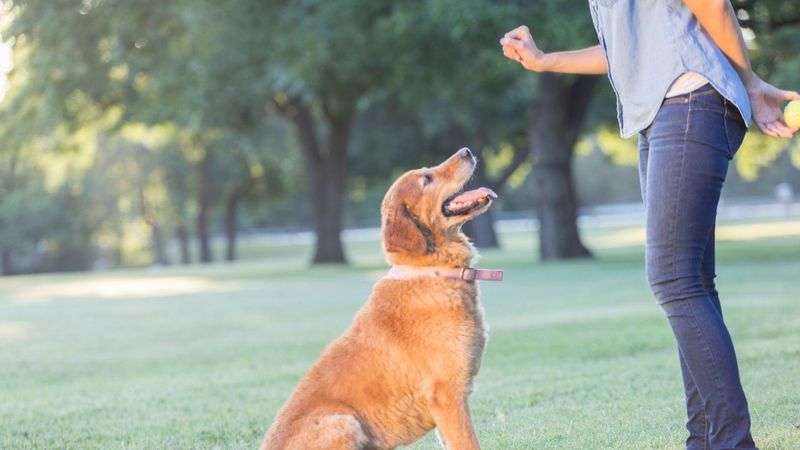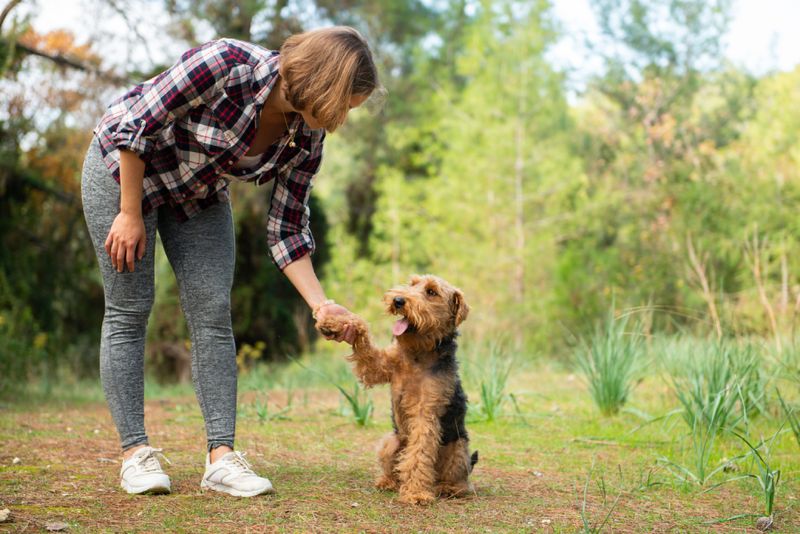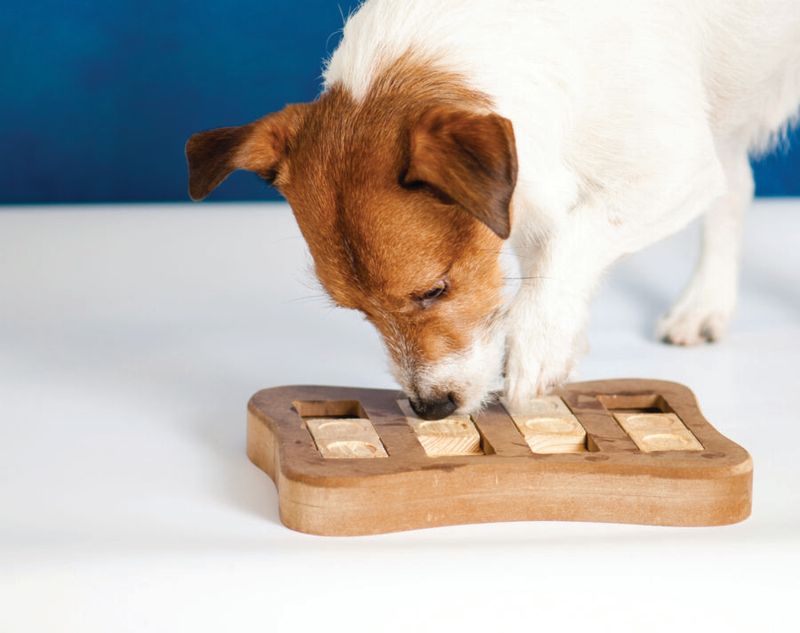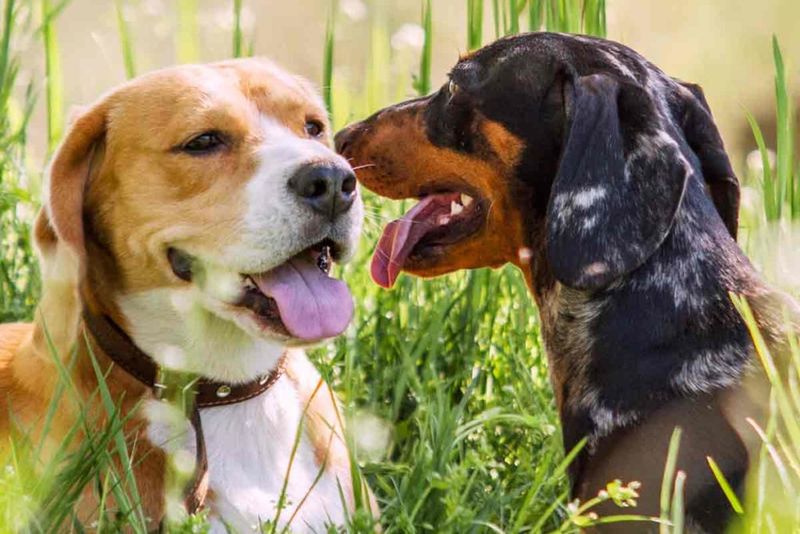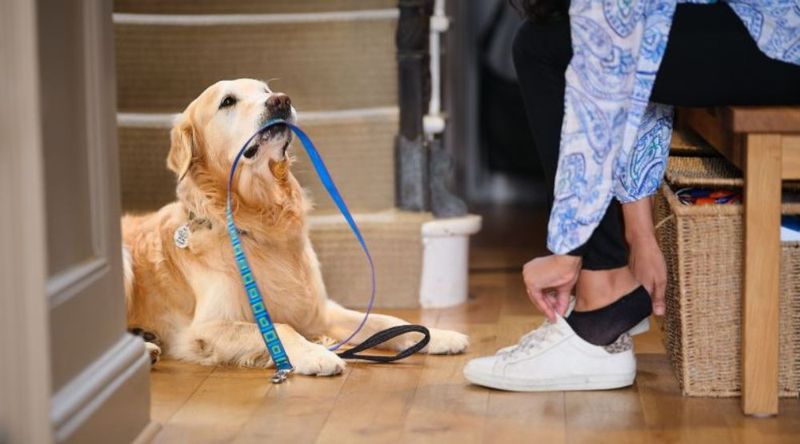Owning a dog can be a source of joy and companionship, but some breeds are known to present challenges that might overwhelm even the most experienced dog lovers. Here, we explore 15 dog breeds that often cause stress for their owners, along with 7 ingenious tricks to help alleviate these challenges. Each breed and trick is unique, requiring a tailored approach to manage effectively. A comprehensive understanding of these breeds and methods can transform your pet ownership experience from stressful to delightful.
Chihuahua
The Chihuahua is a tiny bundle of energy, known for its vibrant personality and vocal nature. Despite their small size, these dogs can become quite protective, leading to stress if not trained properly. Training them requires patience and consistency.
Their bold attitude can be overwhelming for some, but with regular socialization, they learn to adapt.
Ensure they have a safe space within the home to retreat to, which can minimize anxiety and stress. Chihuahuas may be tiny, but they certainly make their presence known.
Dalmatian
Sporting their iconic spots, Dalmatians are active dogs with a strong need for exercise. Their high energy levels can be a source of stress if not properly managed. Long walks and playtime are key to keeping them content.
Without sufficient activity, they may become restless, leading to mischief.
Engage them with interactive toys to keep their mind busy. Known for their intelligence, Dalmatians thrive when mentally stimulated. Providing them with a routine helps alleviate stress and builds a strong bond.
German Shepherd
German Shepherds are known for their loyalty and intelligence, making them popular working dogs. However, their protective instincts can sometimes cause stress, especially around strangers.
Early socialization and obedience training are crucial for managing their behavior.
These dogs thrive on structure and leadership. They excel in tasks that challenge their intellect and agility.
With proper guidance, a German Shepherd becomes a steadfast companion. Their dedication and focus can be unmatched, making them exceptional partners for those willing to invest time in their training.
Dachshund
With their elongate bodies and spunky attitudes, Dachshunds are a popular choice for many. Yet, their spirited nature and hunting instincts require careful management.
These dogs love to dig and explore, often leading to trouble in unprotected gardens.
Training them to focus their curiosity positively is essential. Regular walks and engaging activities can help curb undesired behaviors. Despite their small size, Dachshunds have a big personality. Their charm lies in their inquisitive nature and ability to entertain, making them lovable yet challenging pets.
Bulldog
Bulldogs are known for their distinctive appearance and calm demeanor. However, their stubbornness can be a source of stress for some owners. Patient training and a consistent routine are key to managing their independent streak.
They thrive in environments where they feel secure and loved.
Regular vet check-ups are crucial due to their predisposition to health issues. Despite their laid-back attitude, Bulldogs enjoy playtime and affection. Their loyal and gentle nature makes them wonderful companions for those seeking a more relaxed dog.
Border Collie
Renowned for their intelligence, Border Collies are highly energetic dogs that excel in tasks requiring focus. Their need for mental and physical stimulation can be overwhelming without proper outlets.
Engage them in agility courses or herding activities to keep them satisfied.
Without sufficient engagement, they may become bored and exhibit unwanted behaviors. These dogs are happiest when they have a job to do. Their dedication to tasks is unparalleled, making them ideal for those who love an active lifestyle alongside a loyal companion.
Jack Russell Terrier
Jack Russell Terriers are spirited, intelligent dogs that possess a seemingly endless reservoir of energy. Their curious nature means they require constant stimulation to prevent boredom.
These little adventurers are always on the lookout for new challenges.
Owners often find themselves trying to keep up with their tenacity. Puzzle toys and regular training sessions can channel their energies positively. Known for their speed and agility, they excel in dog sports, which can be a great outlet for their zest for life.
Siberian Husky
The Siberian Husky is a strikingly beautiful breed with a strong pack mentality. Their independent nature can make them challenging for first-time owners. Regular exercise and mental stimulation are essential to manage their energy levels.
Without it, they may become destructive. Known for their howling, Huskies communicate vocally, adding to their uniqueness.
Their thick coat requires frequent grooming. For those willing to meet their needs, Huskies offer companionship and adventure. Their vibrant spirit and resilience make them captivating pets.
Rottweiler
Rottweilers are powerful dogs with a confident demeanor. Their protective instincts can cause stress if not properly channeled. Early socialization and obedience training are paramount for a well-adjusted Rottweiler.
They thrive in environments where they feel secure and respected.
These dogs appreciate clear boundaries and consistent leadership. Regular exercise is crucial to maintain their physical and mental well-being. With proper guidance, a Rottweiler becomes a loyal friend and guardian. Their strength and dedication are truly remarkable, making them cherished companions.
Beagle
Beagles are curious and cheerful, known for their impeccable sense of smell. This makes them excellent trackers but can lead to wandering off if not monitored.
Their love for adventure requires secure fencing and attentive supervision.
Engaging them with scent-based games can satisfy their tracking instincts. Despite their occasional stubbornness, Beagles respond well to positive reinforcement. Their playful nature and loyalty make them beloved family members, provided their exploratory tendencies are managed effectively.
Poodle
Poodles are known for their intelligence and elegance, often excelling in obedience training. However, their need for mental stimulation and grooming can be demanding. Regular grooming sessions are essential to maintain their coat.
Engaging them in activities like obedience trials or trick training can satisfy their intellect.
Poodles are eager learners, thriving in environments that challenge them. Their adaptability makes them suitable for various living situations, but their grooming needs should not be underestimated.
Boxer
Boxers are spirited, energetic dogs known for their playful antics. While their enthusiasm is endearing, it can lead to stress if not properly managed. Regular exercise and interactive playtime are necessary to keep them content.
Their expressive faces and lively demeanor often bring smiles to those around them.
These dogs form strong bonds with their families, thriving on attention and affection. Training them to channel their energy positively is key. With the right guidance, Boxers become delightful companions, full of love and joy.
Yorkshire Terrier
The Yorkshire Terrier, though small, carries a big personality and a glamorous coat. Their need for grooming and attention can be demanding. Regular brushing and pampering are essential to maintain their elegant appearance.
Despite their size, they are bold and confident, often acting as if they are much larger than they are.
This can lead to them being protective and vocal. Proper socialization helps them adapt to various situations. Their spirited nature and affectionate behavior make them cherished companions.
Great Dane
With their imposing stature, Great Danes are gentle giants known for their affectionate nature. However, their size can be daunting, requiring ample space to move and exercise.
Regular walks and a secure environment are vital for their happiness. Despite their size, they are gentle with children and make loving pets.
Great Danes require a balanced diet to maintain their health. Their calm demeanor and loving presence make them ideal companions for those with space to accommodate them.
Trick 1: Consistent Routine
Implementing a consistent routine is crucial for managing stress in dogs. Dogs thrive on predictability, and a structured day can alleviate anxiety. Establish regular feeding times, walks, and play sessions to create a sense of stability.
Routine helps dogs know what to expect, reducing stress caused by sudden changes.
It fosters a secure environment where dogs feel safe and cared for. Consistency also reinforces positive behaviors and helps in training. With a clear routine, both owner and dog can enjoy a harmonious relationship.
Trick 2: Positive Reinforcement
Positive reinforcement is a powerful tool in training and managing dog behavior. Rewarding desired behaviors encourages repetition of those actions. Use treats, praise, or toys to reinforce good behavior.
This method builds trust and strengthens the bond between dog and owner.
Positive reinforcement is especially effective in correcting undesirable behaviors without harsh discipline. It promotes a supportive environment where dogs learn willingly. By focusing on what the dog does right, stress is minimized, and training becomes a joyful experience.
Trick 3: Mental Stimulation
Keeping a dog’s mind engaged is as important as physical exercise. Mental stimulation prevents boredom and reduces stress. Puzzle toys, training games, and scent work are excellent ways to challenge a dog mentally.
Engaging their problem-solving skills keeps them happy and content.
Providing new experiences and learning opportunities fosters growth and confidence. A mentally stimulated dog is less likely to develop destructive behaviors. Regular mental challenges build resilience and adaptability, enhancing the overall well-being of the dog.
Trick 4: Socialization
Socialization is vital for a well-rounded dog, helping them adapt to various environments and situations. Exposing dogs to new people, pets, and places reduces fear and anxiety.
Regular visits to dog parks or social gatherings foster positive interactions.
Socialized dogs are more confident and less likely to react negatively to unfamiliar experiences. Early socialization sets the foundation for a balanced demeanor. It encourages curiosity and friendship, transforming stress into joy.
Trick 5: Adequate Exercise
Regular exercise is essential for a dog’s physical and mental health. Exercise reduces stress by releasing energy and providing a sense of accomplishment. Whether it’s a walk, run, or play session, physical activity keeps dogs happy.
Exercise also promotes a healthy lifestyle and prevents obesity-related stress.
Tailoring exercise routines to individual needs ensures optimal benefits. Active dogs are generally calmer, more focused, and better behaved. With regular exercise, dogs can enjoy a fulfilling and balanced life.
Trick 6: Relaxation Techniques
Teaching relaxation techniques can help soothe anxious dogs. Techniques like gentle massage, calming music, and designated quiet time aid in stress reduction. Creating a calm environment allows dogs to unwind and feel secure.
Relaxation techniques foster a bond of trust and care.
Regular relaxation sessions encourage a peaceful state of mind, reducing stress responses. These techniques are particularly beneficial for high-strung or anxious dogs. Embracing calmness enhances the quality of life for both dog and owner.
Trick 7: Safe Space
Providing a designated safe space is crucial for a dog’s emotional well-being. A cozy bed or crate in a quiet corner offers a retreat during stressful moments. Having a personal sanctuary helps dogs feel secure and reduces anxiety.
This space should be respected and not used for punishment.
A safe space allows dogs to decompress and recharge, ready to face the world again. It contributes to a balanced and harmonious living environment, where stress is minimized and comfort prevails.

